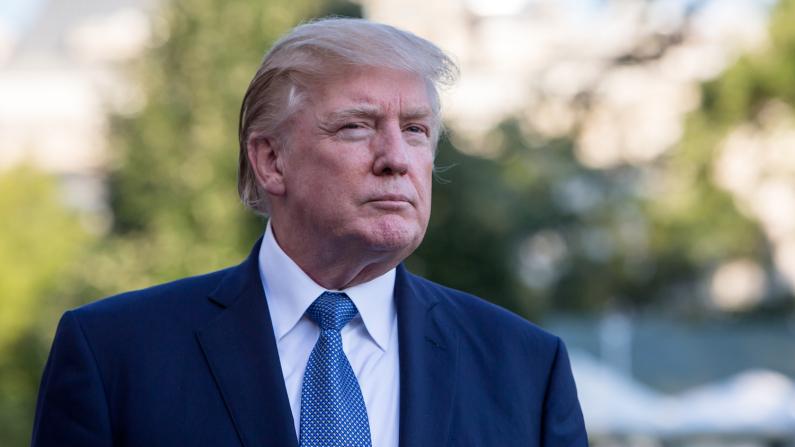While election conspiracies and dossier whodunits are front-page news, mainstream media hardly covers the dramatic shift in regulatory policy during President Donald Trump’s first year.
However, this is another campaign promise that Trump has fully delivered on. His predecessor’s unparalleled rulemaking has almost stopped completely, and most of the signature regulatory initiatives implemented under former President Barack Obama have been blocked or rescinded. By almost any standard, the pace of reform is impressive.


